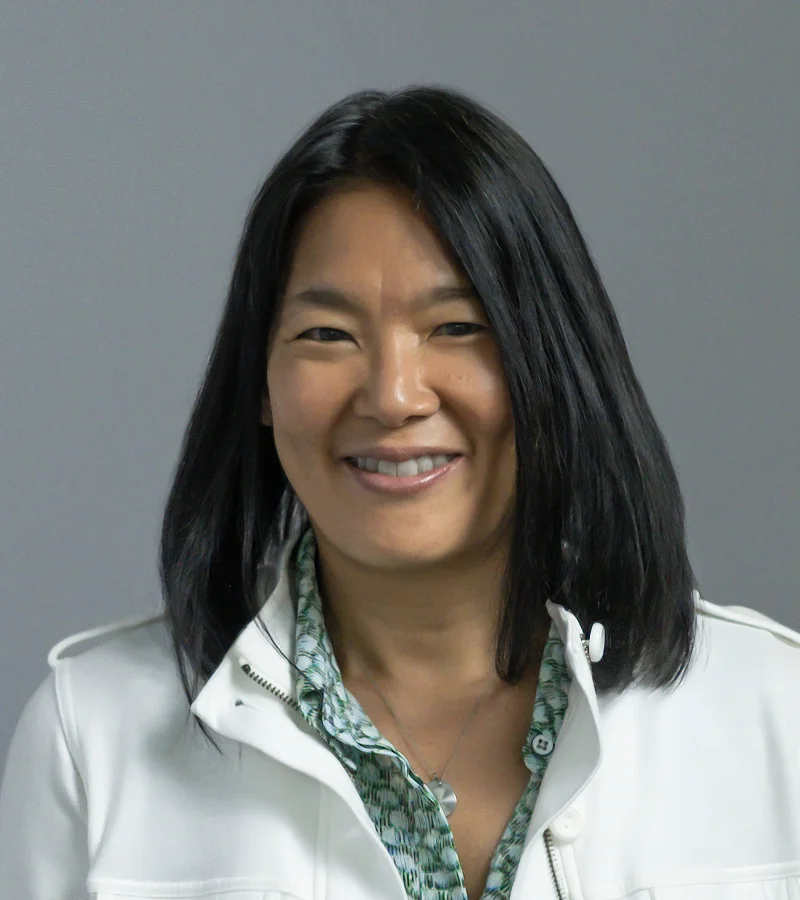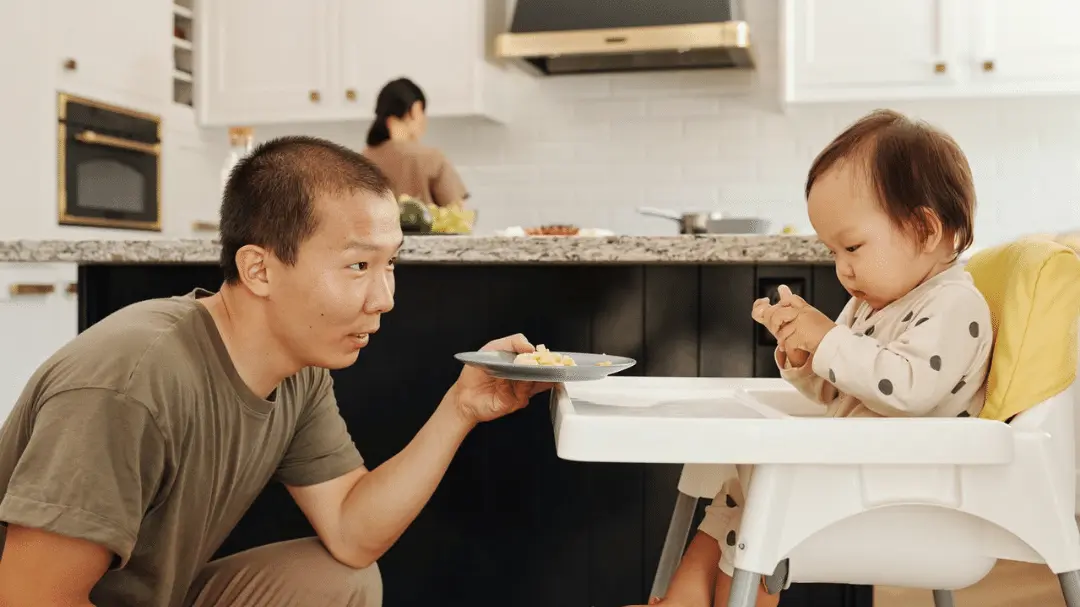When your child is your trigger, how does it look? Why does it happen? And what can you do about it?
What It Looks Like When Your Child Is Your Trigger
As a parent, it’s easy to feel triggered by your child’s actions. Once you’re triggered, you may react in thoughtless ways. You may find that you:
- Raise your voice at your child
- Withhold affection
- Discipline with a “knee-jerk” response
Once triggered, you’re in an aroused emotional state.
Why Your Child May Be Your Trigger
Worse, it feels more challenging to parent consciously and thoughtfully when you’re in an aroused emotional state.
This difficulty can happen for many reasons. But often, parents are “triggered” because of past trauma.
Perhaps you grew up in a household where one (or both) parents expected compliance and obedience by frequently:
- Yelling at you
- Hitting you
- Withholding affection from you
Your parent(s) may have meant well, wanting what’s best for you, but how they went about it may not have been the most helpful for you.
Therefore, as a parent, you may have difficulty learning not to react to your child when you get triggered. If you want to change your response to your child, keep reading!
Trading Guilt and Remorse for Grace and Compassion
Remember that parenting in itself is a process for reflection. There is no such thing as a perfect parent or child. Instead, focus on nurturing your inner child and showing yourself grace and compassion.
Parenting is particularly challenging because you have tremendous influence over a child’s life. Furthermore, you’re responsible for your well-being.
It’s your responsibility to provide your child with an environment that is:
- Safe
- Structured
- Supportive
- Loving
When Your Child Is Your Trigger, Pause and Reflect
When you find yourself struggling with your reactions to your child, take a second to pause and ground yourself.
Journal on These Three Questions
When you’re triggered, I recommend journaling in response to these three prompts:
- How am I feeling?
- Why am I feeling this way?
- What can I do about it?
For example, you might write:
- “I am frustrated.”
- “I’m feeling frustrated because my son is throwing his food, creating a mess. I feel like a failure because he’s out of control, and I have to clean up after this.”
- “Instead of focusing on his mess, I can choose to focus on how he’s learning to develop his motor skills. This behavior is important for his sensory experience. I can always clean up after he’s finished eating. Cleaning up after his mess doesn’t mean I’m failing as a parent.”
Thoughtfully Share Your Feelings With Your Child
Being triggered is a challenging moment for you and your child. If you catch yourself reacting quickly to your child’s behavior, communicate this to them:
“This is a tough moment for both of us. I need to take a minute to calm my body before helping you.”
Doing this will show your child that you, too, experience big feelings and that you’re learning how to regulate yourself. In addition, it models self-regulation and effective communication skills.
Avoid projecting your triggers on your child or shaming them for their behavior. Sometimes, the best thing you can do for yourself and your child is to pause and return to the matter at hand when you’re calm and collected.
Believe in Yourself
All in all, remember that you’re:
- A fantastic parent!
- Called to be a parent to this specific child
- Blessed with the opportunity to teach and guide someone to be an amazing and giving person in this world—just like you
Know That You (Like All Parents) Are a Work in Progress
Don’t let your “mom guilt” or “dad guilt” weigh you down!
Instead, allow these challenging experiences to teach and transform you as you work on healing your inner child. In that way, you can be your child’s “better” parent.
Remember, you’re the best person to parent your child. So embrace that and enjoy the ride!
If you want parenting strategies or help to heal your inner child, reach out to me and schedule a session!
I would be more than happy to support you in your journey of healing and growth.
Lisa Aranas


